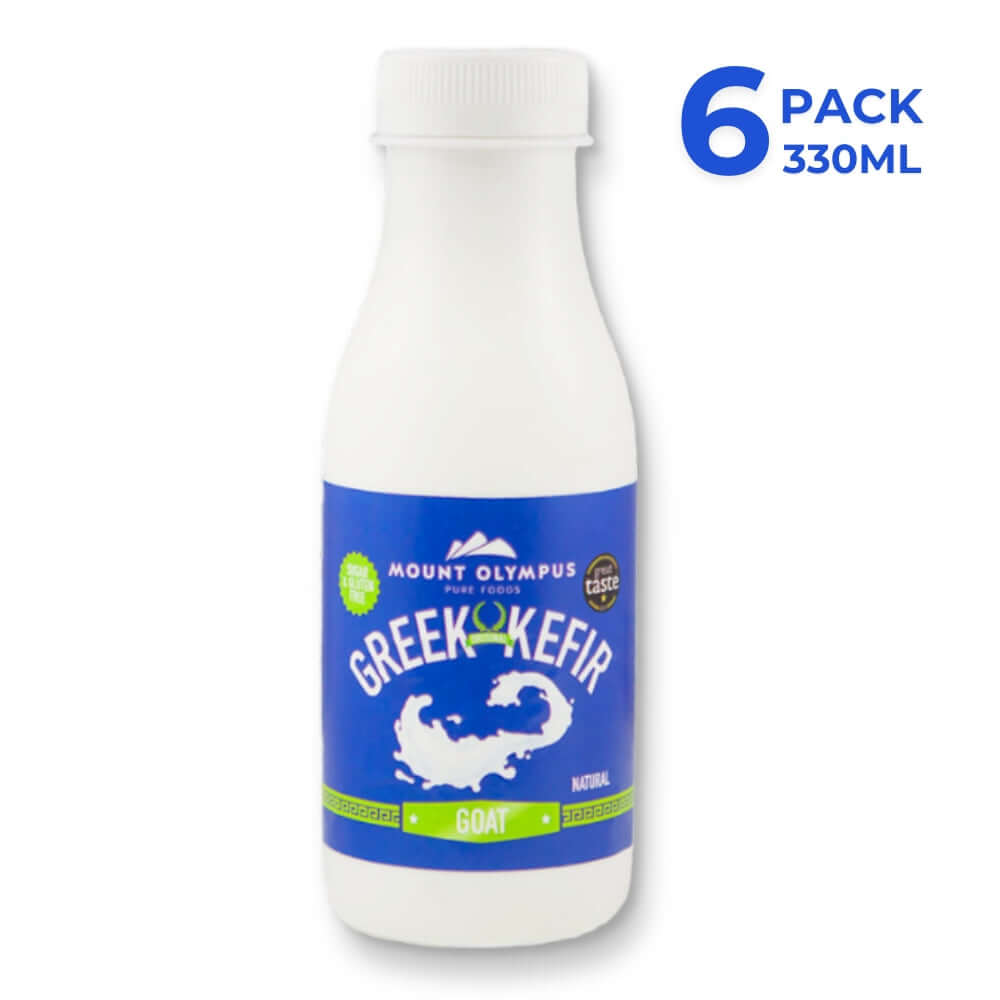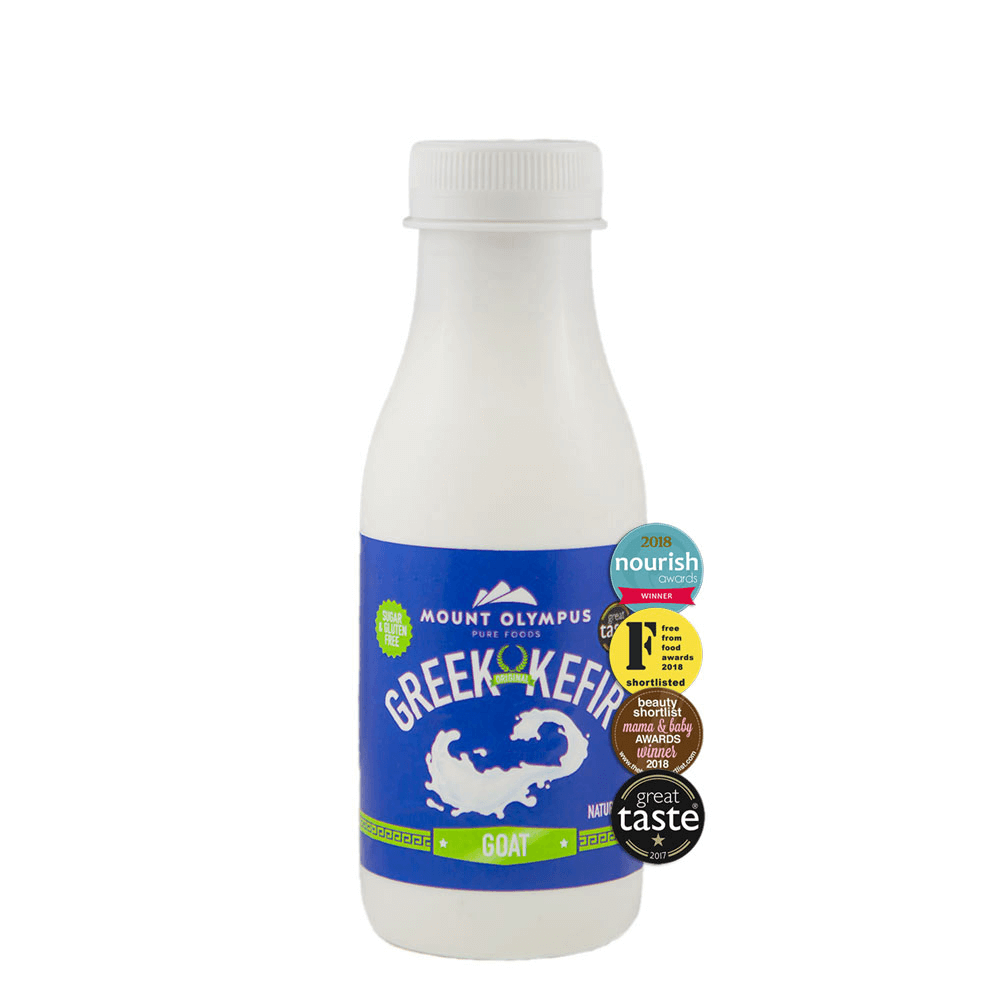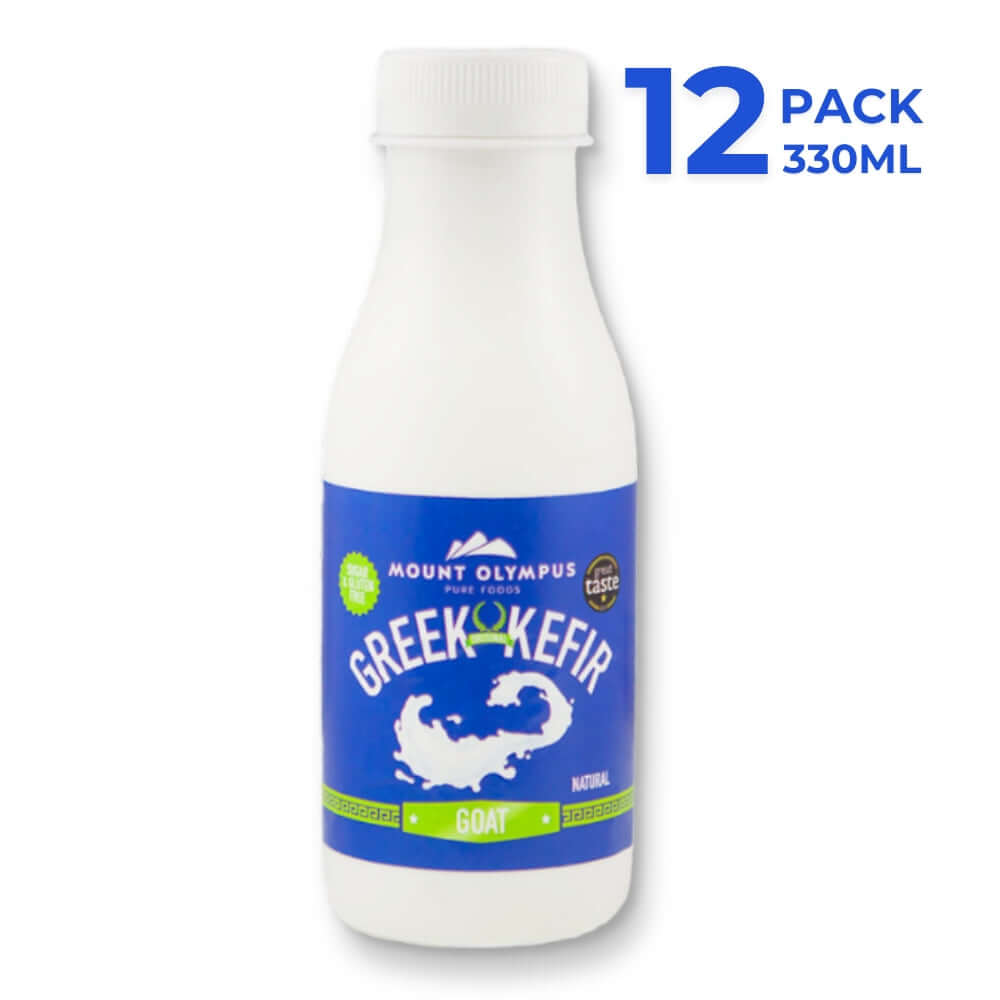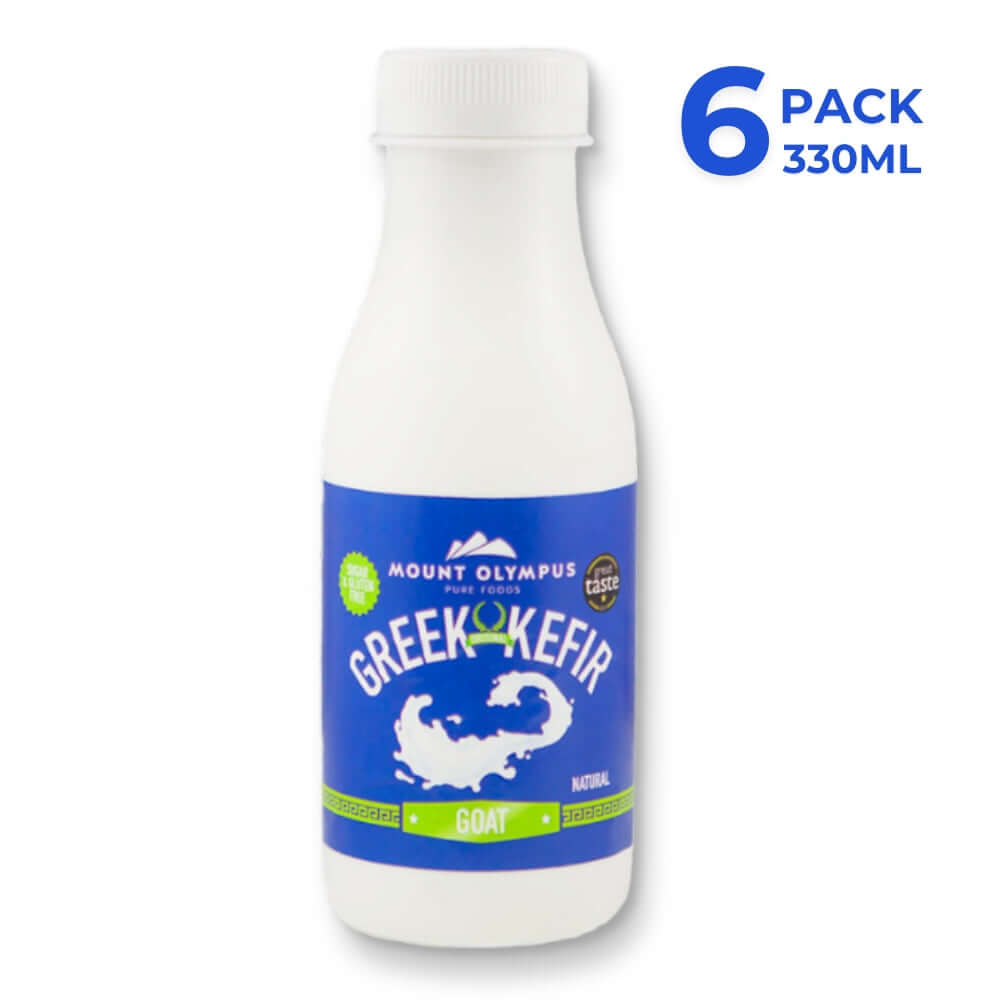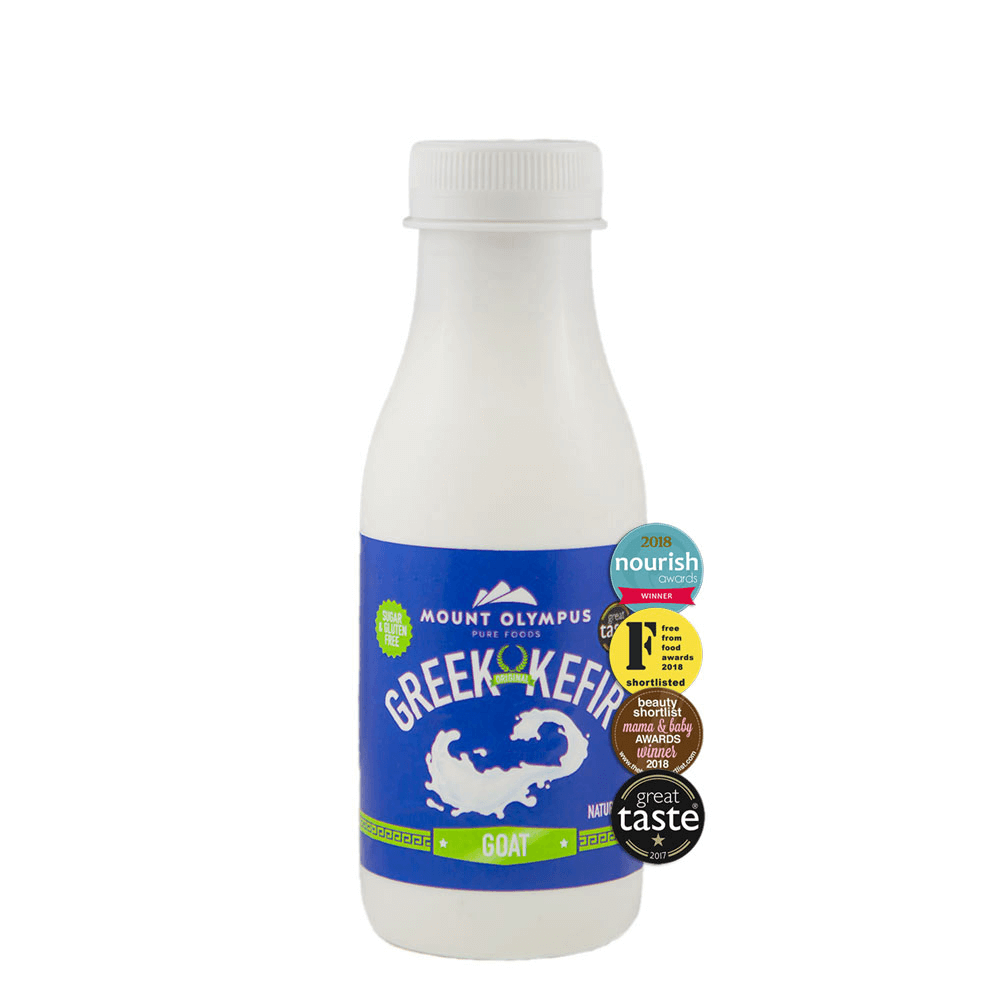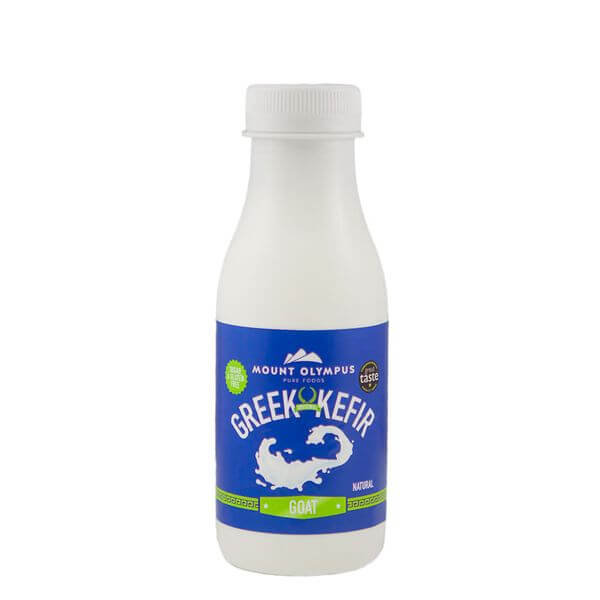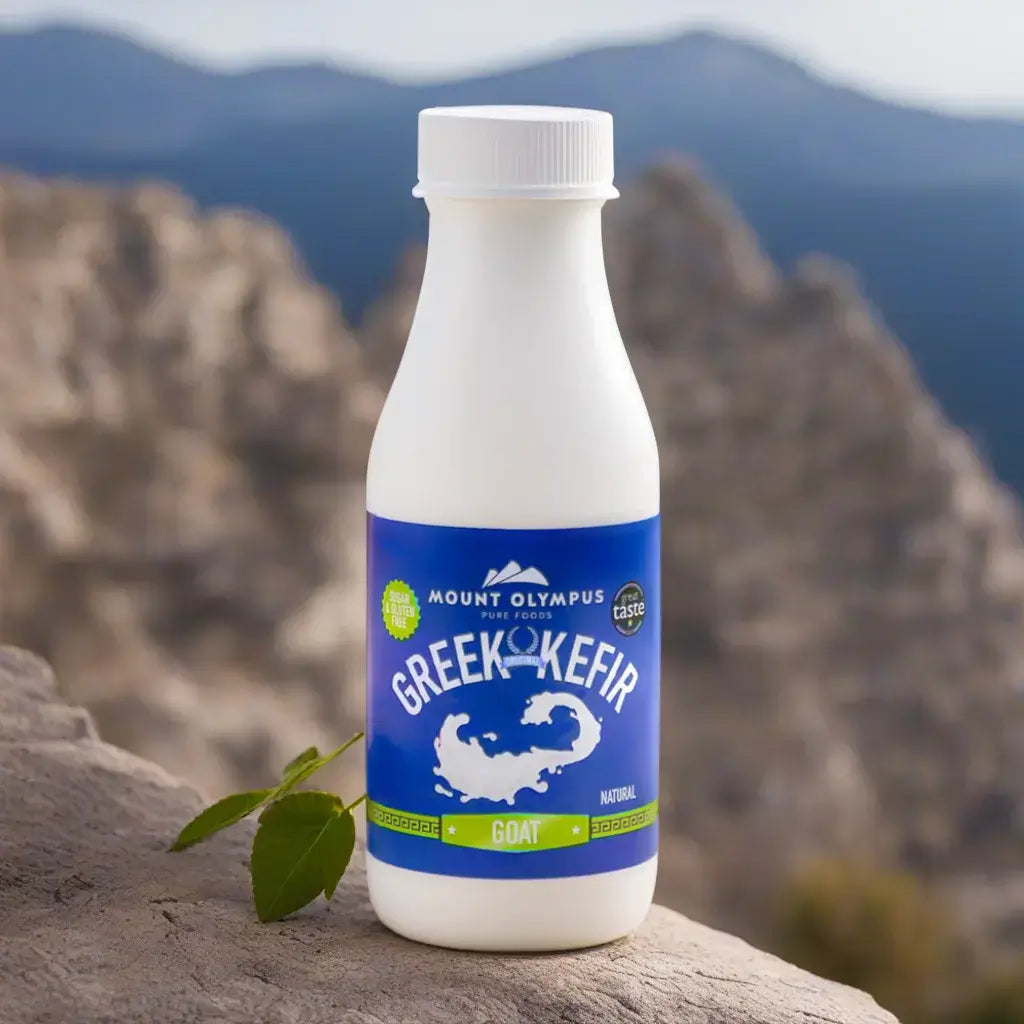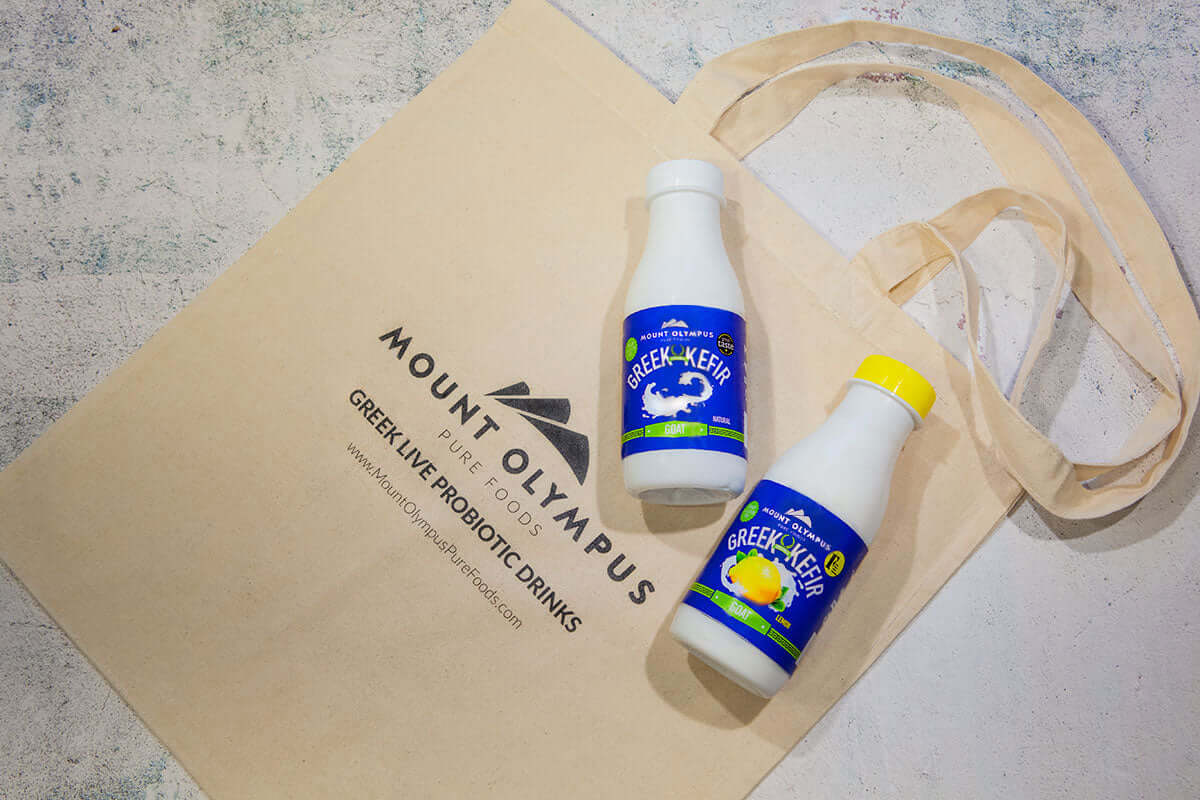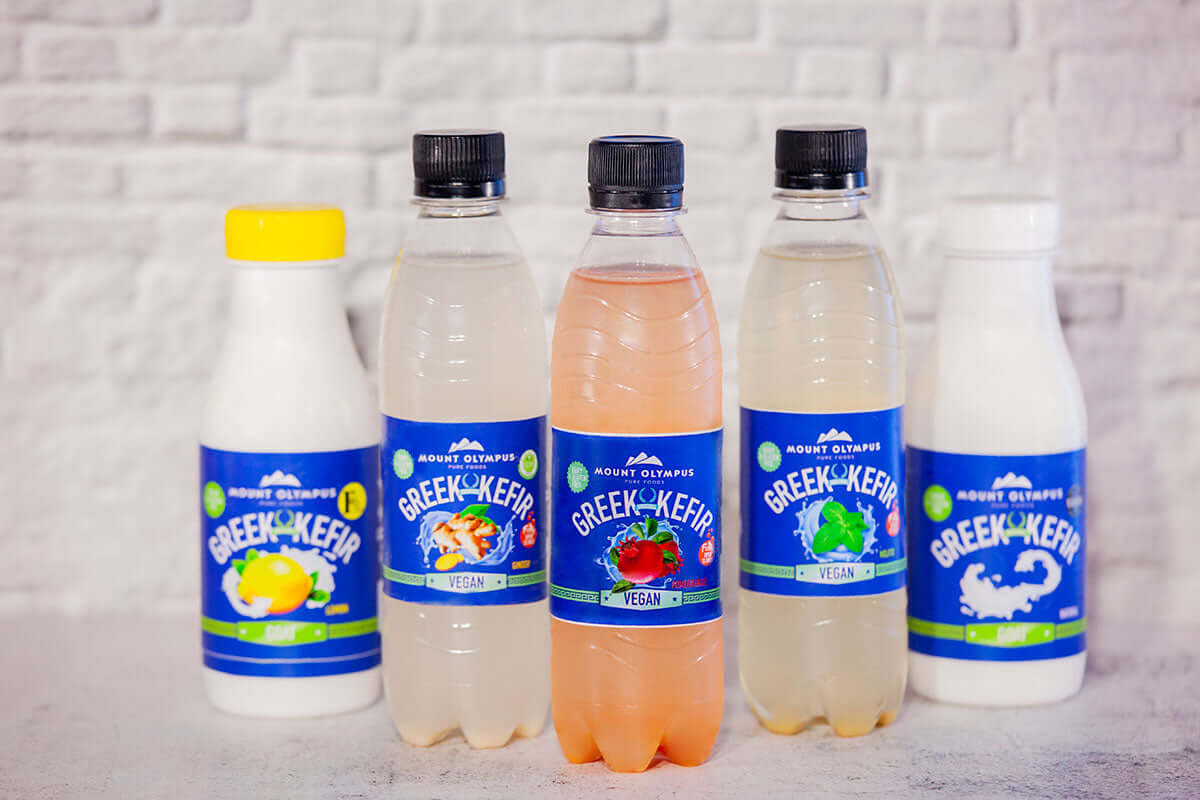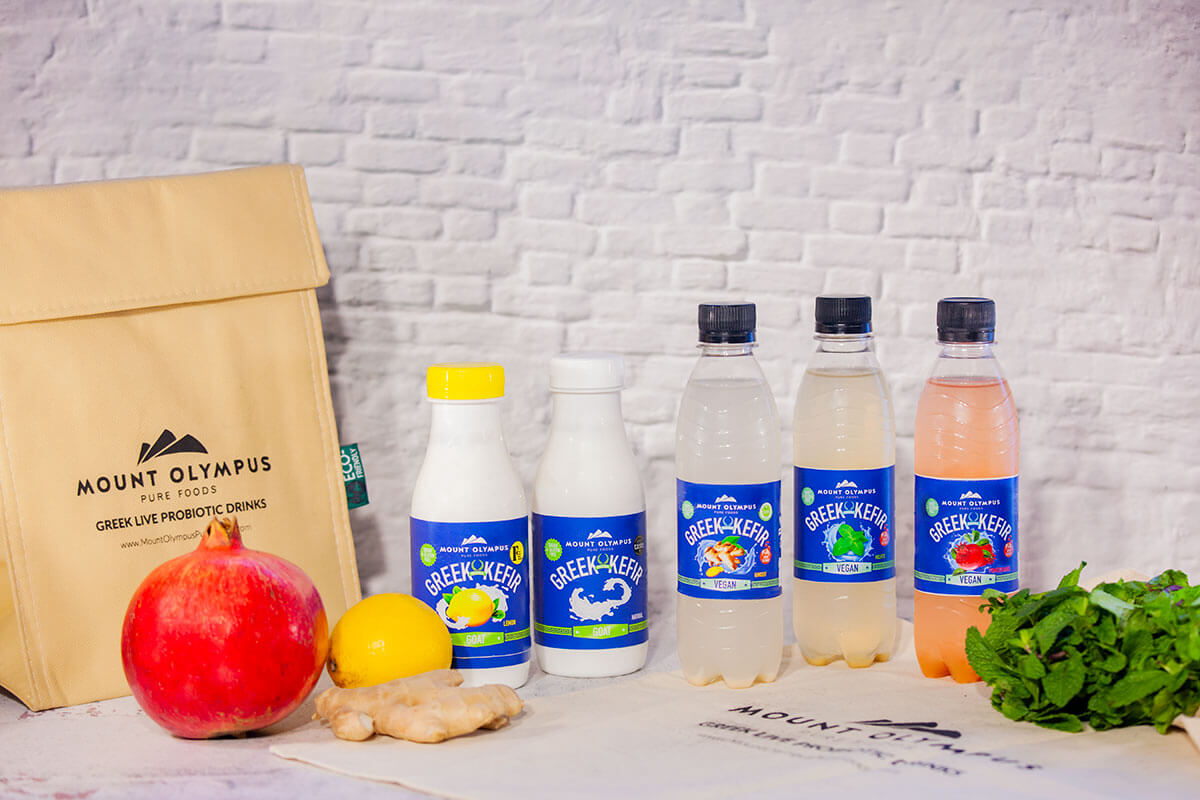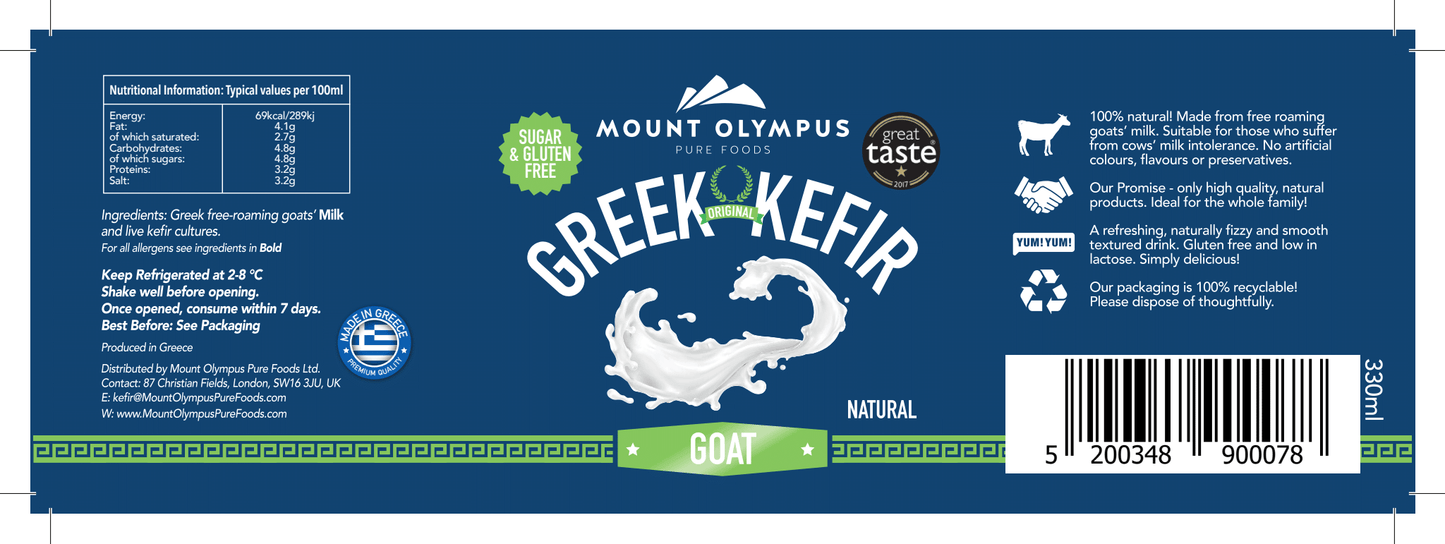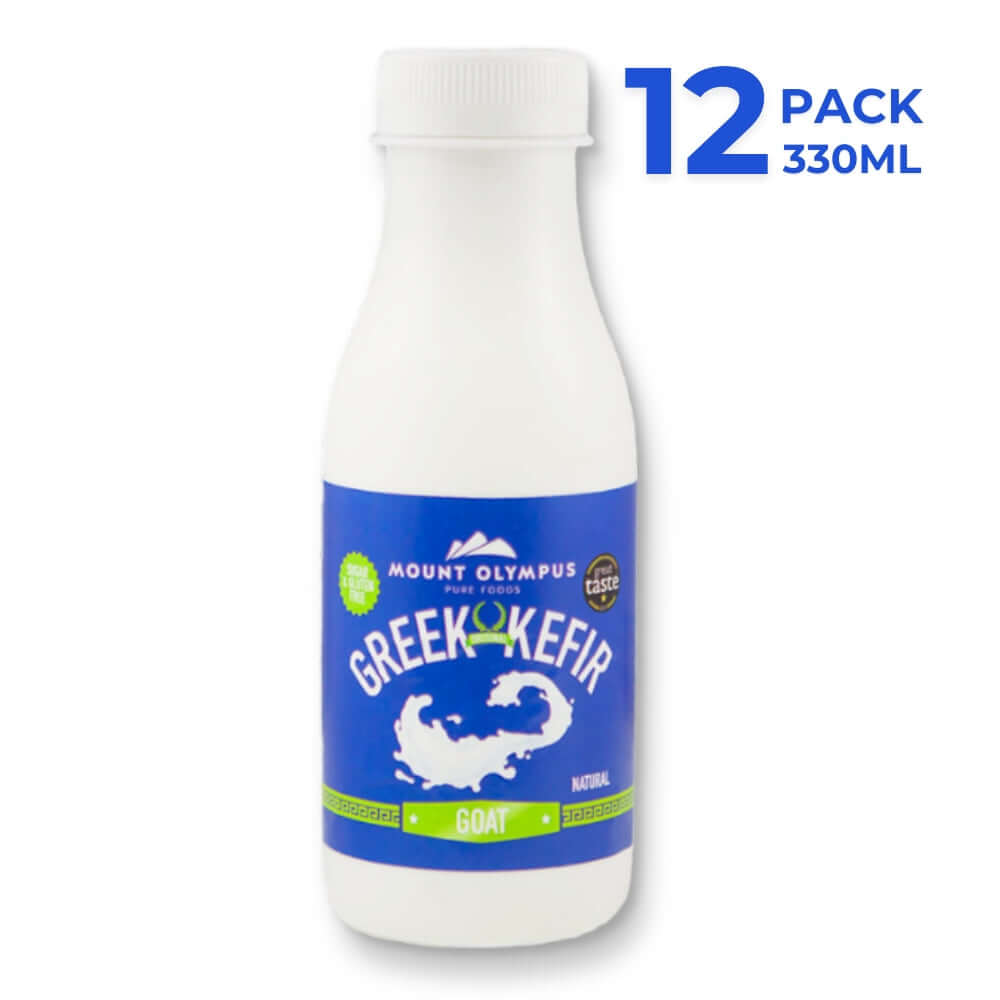From the moment a child is born, his or her wellbeing is influenced by gut bacteria.
These beneficial microbes are the usual inhabitants of the human gastrointestinal tract but certain factors can affect their relative abundance and thus the health of the child.
This article explores the benefits of including kefir in the diets of children, from babies to those challenging teenage years.
Kefir for kids:
- Include a teaspoon of kefir at weaning
- Include kefir at meal times to boost iron absorption
- Given toddlers and children a daily dose of kefir to boost immunity, digestive health and brain development
A newborn’s gut is first introduced to microbes during childbirth when bacteria are passed from mother to child through vaginal delivery. This is further enhanced during breastfeeding and skin contact both of which stabilise the populations of beneficial bacteria in the infant’s digestive tract. From this point, the range and quantity of bacteria continue increasing until around the age of 3.
Here is why this initial process is so important: Immunity
Gut bacteria play a central role in the development of a child’s immunity whereby colonising bacteria are understood to educate the developing immune system. Without this initial education, immune response could be excessive or simply not enough to kill off invading germs.
In addition, beneficial bacteria can help to keep out harmful ones, by creating a chemical and physical shield against them.
Digestive health
Beneficial bacteria ferment otherwise undigestible fibres to produce useful nutrients such as essential fatty acids, biotin and vitamin K amongst others, directly enhancing a child’s ability to digest food.
More importantly, where fewer or a less diverse population of gut bacteria are present, there is a greater likelihood of the child developing colic, have an inflamed gut and suffer from more tummy pain.
Allergies
The lack of early interaction between beneficial gut bacteria and the immune system also contribute to certain allergic conditions such as eczema and atopic dermatitis in kids. Similarly, low diversity of microbiota in early infancy has also been linked with asthma and cow’s milk allergy.
Weight and metabolism
The link between body weight, metabolism and gut bacteria is well established in adults but it seems children are also affected. Studies carried out in The Netherlands identified specific species of gut bacteria that can promote weight gain in kids. Weight gain is, of course, a lot more complex and is heavily influenced by diet and lifestyle, however certain thrifty bacterial types can increase the amount of energy derived from food, making weight gain much easier.
Brain development
Interestingly, gut bacteria and central nervous system constantly exchange messages so the microbiota are understood to even contribute to brain development in infants. As gut microbial populations mature, so does the nervous system.
Changes (especially depletions) in the gut microbiome is thought to play a part in autism.
How can kefir help
Studies show that babies that have been born via c-section, formula fed, weened too early or exposed to antibiotics have fewer beneficial gut bacteria. Even in perfect circumstances, the mother’s microbiome may be lacking in some essential microbes. This in turn can affect the child’s immunity, digestive health, allergies, weight and development.
Kefir has been show to assist with boosting the populations of gut bacteria and therefore influence better overall health. The good news is, our traditionally made kefir boasts a minimum of 6 billion beneficial microbes per bottle.
How much kefir?
Kefir consumptions is recommended for both adults and children. In fact, in Eastern Europe and some of the Scandinavian countries kefir is part of a normal diet.
Babies can be introduced to a teaspoon of kefir after weaning and the dose gradually increased as required. Kefir included at meal times even has added benefits by increasing iron absorption. Older children and teenagers benefit from more, so dependant on their tolerance, a daily 300ml bottle can be introduced.


